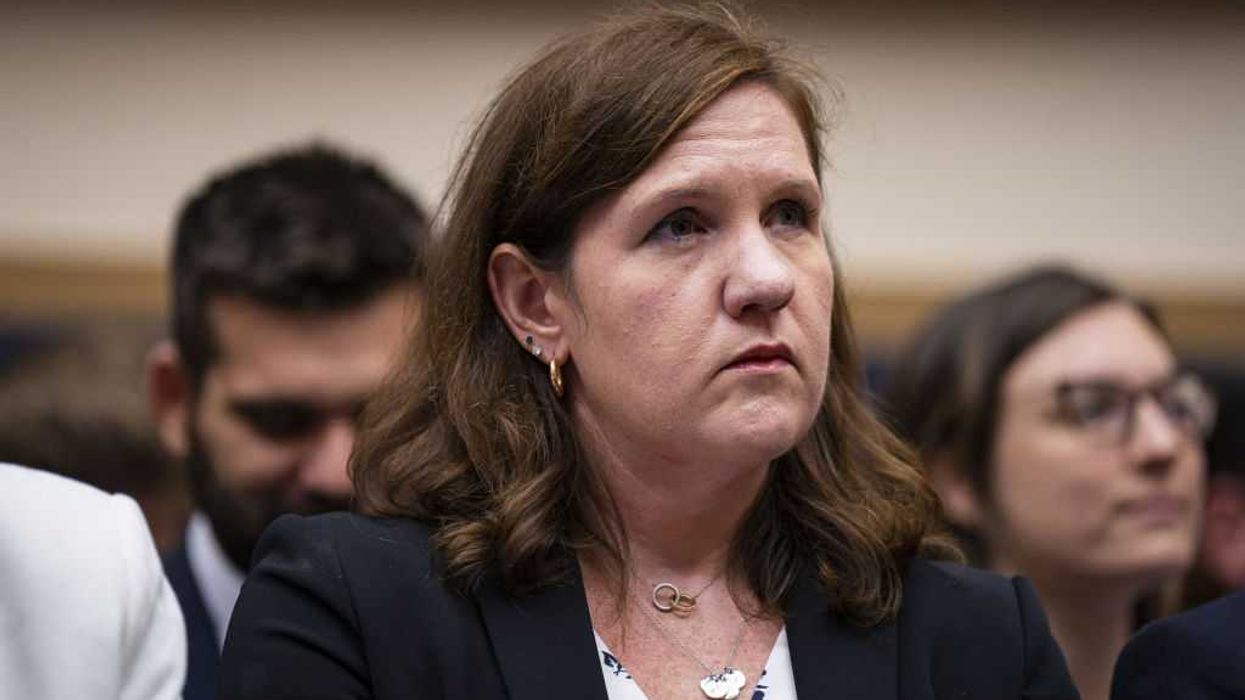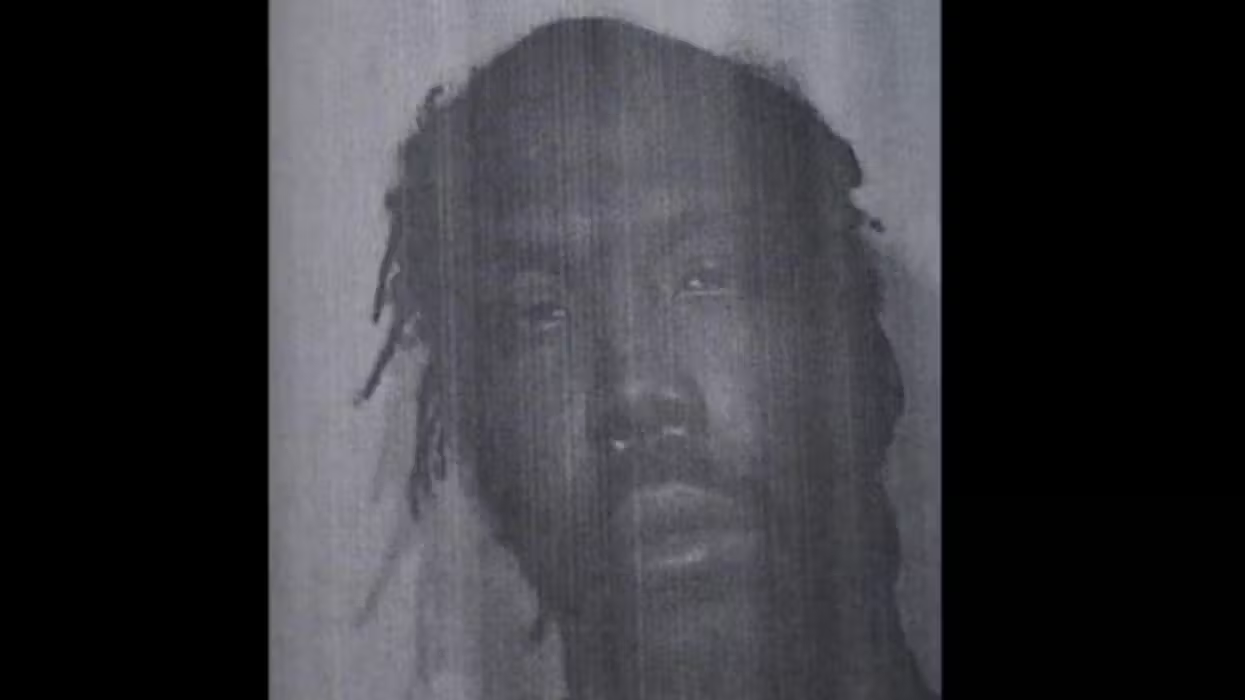Even some of the more liberal justices on the Supreme Court seemed concerned that a California pro-abortion law might have gone too far. The law targets pregnancy resource centers and requires them to post signs telling women where they can go to get free abortions.
Liberal Supreme Court Justice Elena Kagan questioned whether this targeting was too specific and if the law focused only on “speakers whose speech we don’t much like.”
Conservative Justice Samuel Alito commented that the law seemed to be tailored to unfairly target pro-life groups. He argued that while the law was “neutral on its face” it contained “a lot of crazy exemptions” that may “infer intentional discrimination.”
Jeanne Mancini, the president of the organization that runs the annual March for Life in Washington D.C. told TheBlaze: “The fact that the state of California is forcing nonprofit pro-life pregnancy care centers to advertise for abortion runs counter to all that America is about. It is unconstitutional. Ultimately, this case is about the protection of freedom of speech. Regardless of where a person stands on the life issue, we should all be concerned.”
Here's what you need to know about the law in question
California’s Reproductive FACT Act was signed into law by Gov. Jerry Brown (D) in October 2015.
According to the law, pregnancy resource centers, even those which don’t provide medical care, need to post signs stating:
California has public programs that provide immediate free or low-cost access to comprehensive family planning services (including all FDA-approved methods of contraception), prenatal care, and abortion for eligible women. To determine whether you qualify, contact the county social services office at [insert the telephone number].
The notice has to be “posted in a conspicuous place where individuals wait that may be easily read by those seeking services from the facility,” and needs to be at least 8.5 inches by 11 inches and be written in 22 point font. Organizations which fail to comply would be fined $500 for their first offense, and $1,000 for any additional offense.
Pro-life pregnancy resource centers, which provide advice, pregnancy tests, and ultrasounds, but no medical care, argue that this law forces them to violate their consciences by directing women to places that offer abortions.
Here’s what you need to know about the case before the Supreme Court
Oral arguments in National Institute of Family and Life Advocates v. Becerra were presented Tuesday. The case is being brought by the National Institute of Family and Life Advocates, a group that provides legal council to pro-life pregnancy centers and medical clinics. NIFLA is being represented by the conservative legal nonprofit Alliance Defending Freedom. ADF argued, “The law forces pro-life pregnancy centers to speak a message that directly contradicts their beliefs and mission.”
California Attorney General Xavier Becerra (D) is arguing in defense of the case. According to Becerra, “The Reproductive FACT Act ensures that women in California receive accurate information about their health care options, including whether a facility is a licensed medical provider. The California Department of Justice will do everything necessary to protect women’s health care rights."
During oral arguments Tuesday, both liberal justices like Kagan and conservative justices like Alito and Neil Gorsuch questioned whether the law went too far. Kagan compared the way it provided exceptions to some groups but not to pro-life pregnancy centers to gerrymandering.
When Justice Anthony Kennedy was told that the law would require a 29-word statement directing women to abortion clinics on a billboard that simply read “Choose Life,” Kennedy, who is generally considered to be a swing vote, said he thought that seemed like an “undue burden” on the pregnancy centers, that “should suffice to invalidate the statute."
The court is scheduled to rule on this case by the end of June.







